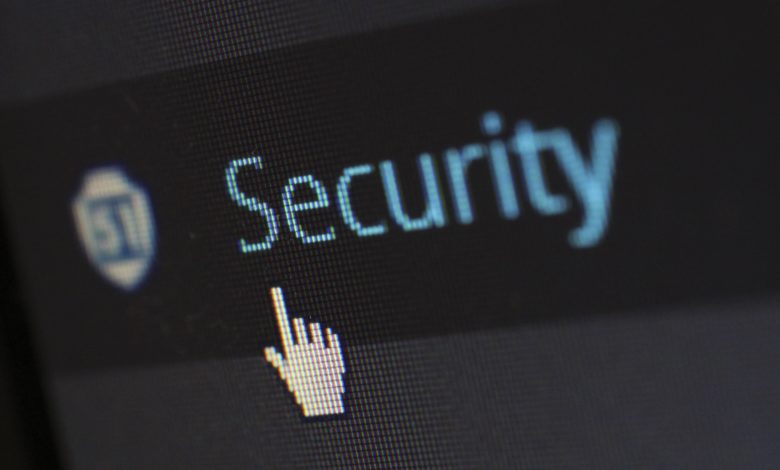
8 Cybersecurity Practices For Remote Workers
While remote working has become more popular over the past couple of years, it has also presented challenges for many businesses. Most companies face a major headache ensuring that their cybersecurity is properly maintained. But with statistics showing that 56% of Americans don’t know what to do when there’s a data breach, it doesn’t look entirely promising.
Fortunately, there is hope for you and your business. Your business can adopt various measures to implement effective cybersecurity practices. The faster you implement these strategies, the safer your company will be, and you won’t have to worry about the state of your business’s security. Here are some of the best cybersecurity practices to protect your remote workers.
Ensure online security
Remote workers largely depend on the internet to access the company’s systems, share and receive documents and communicate with co-workers and customers. Therefore, it is crucial that you ensure their internet connections are safe. Otherwise, it would be easy for a hacker to access these networks and steal sensitive information.
Since your workers operate from various locations, you can’t control how secure their internet connections would be. Although you cannot fully control where your remote workers choose to work from, you can encourage them to avoid using public wi-fi networks. You can ask them to use your company’s VPN if you want to increase your security. Additionally,
you can ensure safety by equipping them with the right security software. For instance, you can ensure they have reliable antivirus software to detect and eliminate malicious files.
Provide your employees with the right tools
Apart from giving your employees the best software applications to reduce and prevent security risks, you must also provide them with the required tools they would need to stay safe while working remotely. This includes tools like password managers and spam filters. You can employ various tools designed to remotely wipe devices and get rid of sensitive data in case of a breach. Using cloud systems also ensures that you can safely back up data, making storing and retrieving information easier. Be sure to upgrade your tools regularly to avoid being vulnerable and to take advantage of any improvements.
Train employees on creating strong passwords
You might be surprised to know that many workers use simple passwords like their names and obvious number sequences, making it easier for hackers to access their systems. That’s why you must encourage your remote employees to use strong passwords that are both complex and easy to remember.
Encourage them to use random words and letters, both upper- and lower-case letters, and other special characters and symbols. It might also be tempting and less complicated to use one password for all devices and accounts, but to be safe, it’s best to use different variations. One smart way to make storing passwords easier is to purchase a password manager that keeps track of all your passwords and saves them in an encrypted vault.
Outsource cybersecurity experts
Many modern businesses depend on cybersecurity experts and IT specialists to ensure they are protected against threats. However, not all businesses can afford to hire in-house, which is why outsourcing has become the smarter option, especially for growing businesses. Not only does this help your business save money, but you also gain access to the best experts in the industry.
Relying on cybersecurity experts like Netstar will ensure your remote workers get the guidance and support they need during emergencies. This makes it easier for you to focus on other aspects of your business and prevents hold-ups.
Create and regularly update data security policies
One of the most important things you have to do as a business owner is to have a data security policy that works. Your in-house IT manager can create the document or hire a consultant to prepare one.
Ensure that you include information such as the best practices for working with company data and the security protocols that all workers follow. But it shouldn’t end there. Treat your security policy as a living document, and ensure you regularly update it to meet any recent developments. That way, you and your employees would always have the latest security measures to adopt.
Provide remote workers with company devices
Remote workers using their devices and equipment to work puts your business at a higher risk of a security breach. That’s because your business’s guidelines for protecting data are not being properly followed by your workers. Their personal computers are not set up for business use.
If you can afford to, ensure that you equip all your remote workers with company devices. This reduces risks and you can train them to use these devices for work-related activities.
Don’t give access to non-workers
When keeping your business secure, you must have as much control as possible over your devices. Train your remote employees to never share their devices with non-workers, even if it is someone they know and trust. A non-worker might not be trained to identify any threats and give access to hackers and other malicious threats. In most cases, the non-workers are the threats.
Encourage employees to avoid suspicious websites
Visiting websites like pirating and torrenting sites can expose your business to a wide range of malware Many companies enforce strict rules for employees to avoid visiting such sites. When left unchecked, it can cause severe damage to your business.
Remote work has become more appealing and flexible, saving employees and business owners tons of money and time. However, it increases the risk of a security breach. These tips will help you develop the best cybersecurity strategies to help you keep your remote workers in check. Now you and your workers can adopt these measures to fully enjoy the benefits of remote work.



